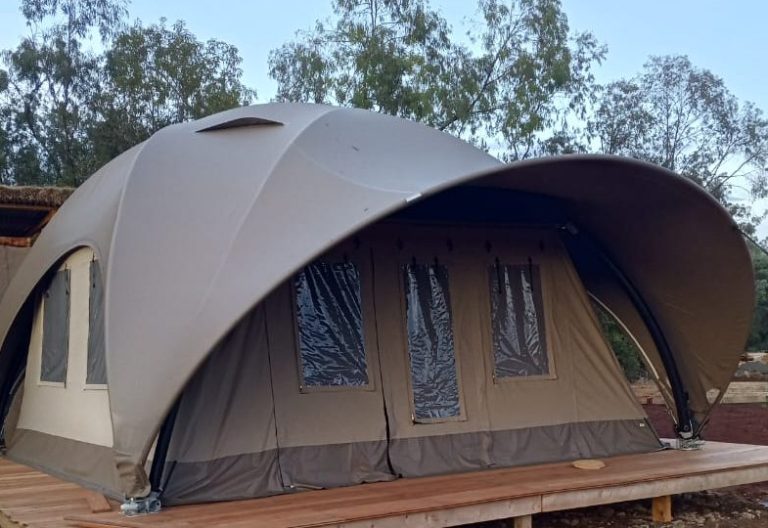Long school break begins, to create room for exams

The long holiday commences today as schools close to pave way for national examinations that commence this week into next month.
From pre-school to Grade five, seven and Form one to three, the learners began their holiday, as the third term ends today and tomorrow for others.
Rehearsals for Class Eight and Grade six Kenya Primary School Education Assessment (KPSEA) will be undertaken this Friday in preparation for the main papers which will be written for three days next week. Form four examinations will then follow.
In a circular, the Ministry of Education issued term dates for next year, with First term expected to commence on January 8.
This means that the learners will be at home for more than two months, with parents urged to find productive activities for their children.
This comes against the backdrop of the harsh economic times being experienced in the country, with a steep rise in the cost of basic items including food stuff.
The merry that comes with the Christmas holiday will also see the parents dig deeper into their pockets.
There will be increased demand for daily food, utilities, and entertainment, but maintaining the associated costs is expected to further pile pressure on household expenses during the holiday amid heightened inflation.
For instance, the prices of food and non-alcoholic beverages, which account for 32 per cent of household expenses, increased by 13 per cent end of last month when inflation stood at 6.8 per cent.
Although official figures show that the inflation rate has relatively eased to fall within the targeted 2.5-7.5 per cent statutory range, this reprieve is not being felt by ordinary citizens.
The government projects the prices of food items like wheat flour, maize flour, sugar, cooking oil, cereals, and onion will drop towards the end of the year due to harvesting seasons and a duty-free importation directive issued early this year.
But this gain is diminished by the month-on-month uptick in the prices of fuel, which went up to hit Sh205.47 per litre of diesel last month. Petrol is now retailing at Sh217.36 for every litre.
Inflation is now within the range; the main drivers of inflation have been a decline in food inflation. We’ve also seen the non-food non-fuel inflation stabilise,” Central Bank of Kenya (CBK) governor Kamau Thugge said yesterday.
“However, we still do see flow inflation somewhat elevated. But in terms of going forward, we expect inflation to continue to decelerate and food prices to decline,” he added.
The school holiday coincides with the holiday festivities, a period often linked to travel, meaning expenses like fare, accommodation, and other related services are expected to rise in costs due to higher demand. The rise in transport costs has, however, been augmented by the spike in fuel prices.
At the same time, households will have to make a tough balance and build buffer income to support holiday activities while also planning ahead for emergencies, settling school fees, purchase education materials, school uniforms, and paying school fees.
The rise in inflation, together with increased demand for food and services, has overtaken the value of the current salaries for majority of parents, worsening households’ purchasing power.
With lower purchasing power, workers are forced to cut expenses on basic things like food, shelter, transport, and healthcare to live within their means. The minimum wage is often set based on location, occupation, and economic sector.
Kenya’s current rate of minimum wage, the base-level amount workers must earn, can only cover about half of the expenses required for a decent living standard, according to Kenya Economic Report (KER) 2023 by State economic think-tank Kenya Institute for Public Policy Research and Analysis (KiPPRA).
The salaries of 77 per cent of Kenya’s workers must be doubled to at least cushion them from the current high inflation, per KiPPRA data, revealing employees’ thin payslips battered by taxes and economic shocks.
The country’s minimum wage was increased to Sh21,311 per month in 2018 and remained unchanged for four years until May 2022, when it was increased to Sh23,868 per month for those dwelling in cities.
This holiday season, parents will be required to prepare for next year’s school fees, with the first term expected to run for 13 weeks from January 8 to April 5.
For learners joining Form One next year, they are to pay varying amounts depending on the category of schools that learners are admitted.
The Ministry of Education has, however, affirmed that school fees remain unchanged, with those joining National secondary schools expected to pay Sh53,554 while the Government tops up the remainder of Sh22,244.
For other categories including County and Sub-County Schools, parents pay Sh40,535 while the government tops up with Sh22,244 for each learner to give an annual fee of Sh62,779.
For special needs schools, the government provides an enhanced capitation of Sh57,974 per learner, which includes a subsidy of Sh23,220 per learner for boarding equipment and stores and a top up grant of Sh12,510 per learner to cater for assistive devices and any additional personnel needed.









